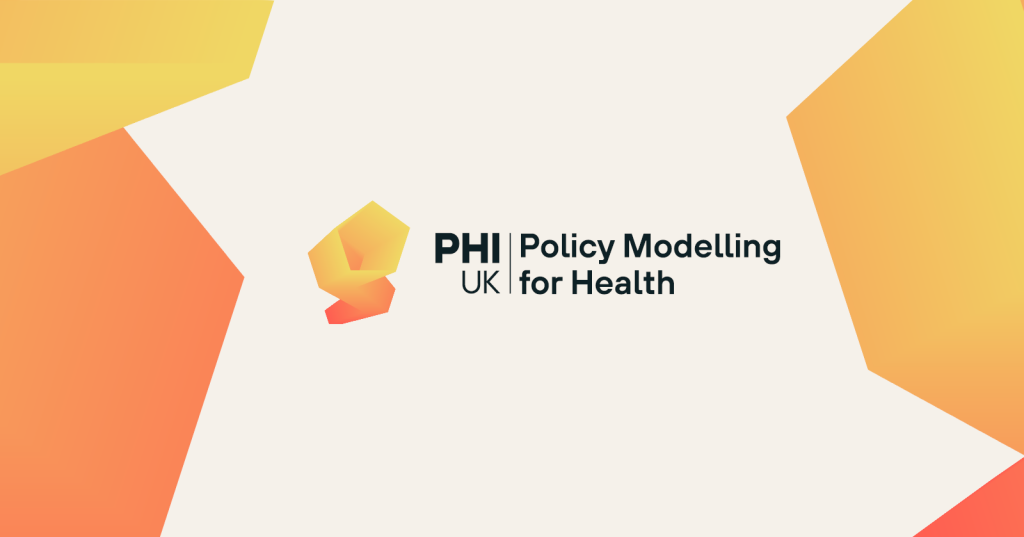Local Health and Global Profits has submitted a comprehensive response to the UK government's call for evidence on reforming the licensing system. The response argues that the proposed reforms represent a dangerous shift away from public protection towards facilitating economic growth for the alcohol industry, and highlights serious concerns about the consultation process.
Abandoning public protection
The licensing system was established with a clear purpose: to protect the public against harm. The proposed reforms explicitly seek to change this fundamental principle. Rather than strengthening protections, these changes risk weakening the safeguards that communities rely on.
We are calling for public health to be introduced as a fifth licensing objective, in recognition of the evidence showing alcohol's devastating impact across society.
The true cost of alcohol harm
The numbers cannot be ignored:
Alcohol-related crime and disorder costs England £14.58 billion annually
Alcohol is thought to be a factor in up to 40% of emergency department attendances, rising to as high as 70% in peak hours
It is estimated that 10-16% of all ambulance call-outs are caused by alcohol
Alcohol is a causal factor in more than 60 medical conditions, including cirrhosis, at least seven types of cancer, and depression
Considering healthcare costs, lost productivity, and social harm, alcohol costs society in England £27.44 billion each year. This fundamentally contradicts the government's stated aim of promoting economic growth through these reforms.
Inequality and harm
Alcohol harm cuts across society, but the worst impacts are experienced by the most disadvantaged. This is true for both health harm and crime. Alcohol has been implicated as both a determinant and an outcome of socioeconomic inequality.
The evidence shows that deprived neighbourhoods have disproportionately higher outlet density and prevalence of alcohol advertising compared to more affluent areas. Both factors cause children to start drinking at a younger age or to drink more than they otherwise would.
This creates a vicious cycle: communities already facing disadvantage are subjected to greater alcohol availability and marketing, leading to more harm, which further entrenches inequality.
Industry over public interest
The consultation process itself raises serious concerns. The way this call for evidence has been established shows heavy bias towards the alcohol industry, furthering their priorities and profits at the expense of public health.
Industry should not be viewed as a legitimate stakeholder in policy formulation. The alcohol industry's interests are fundamentally at odds with public health, given that their profits depend on consumption of health-harming products.
What needs to happen
The government must:
Retain public protection as the primary purpose of the licensing system
Add public health as a fifth licensing objective
Exclude the alcohol industry from policy formulation processes
Recognise the economic case for reducing alcohol harm, not increasing availability
Address the disproportionate impact on disadvantaged communities
We encourage everyone concerned about public health to stay informed and engaged on this issue. There will be further opportunities to advocate for evidence-based licensing policy as these reforms progress.
Read our full consultation response.





